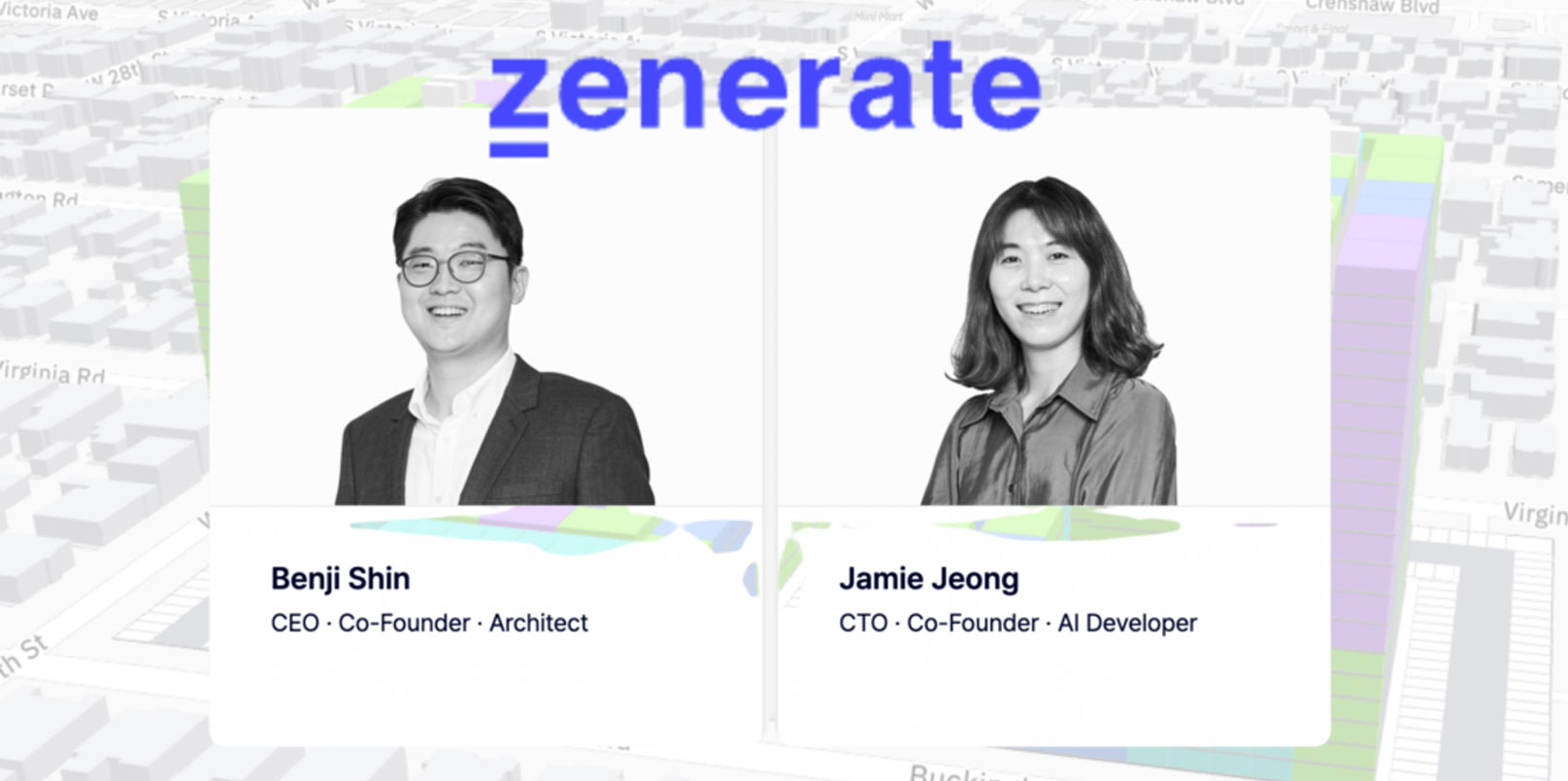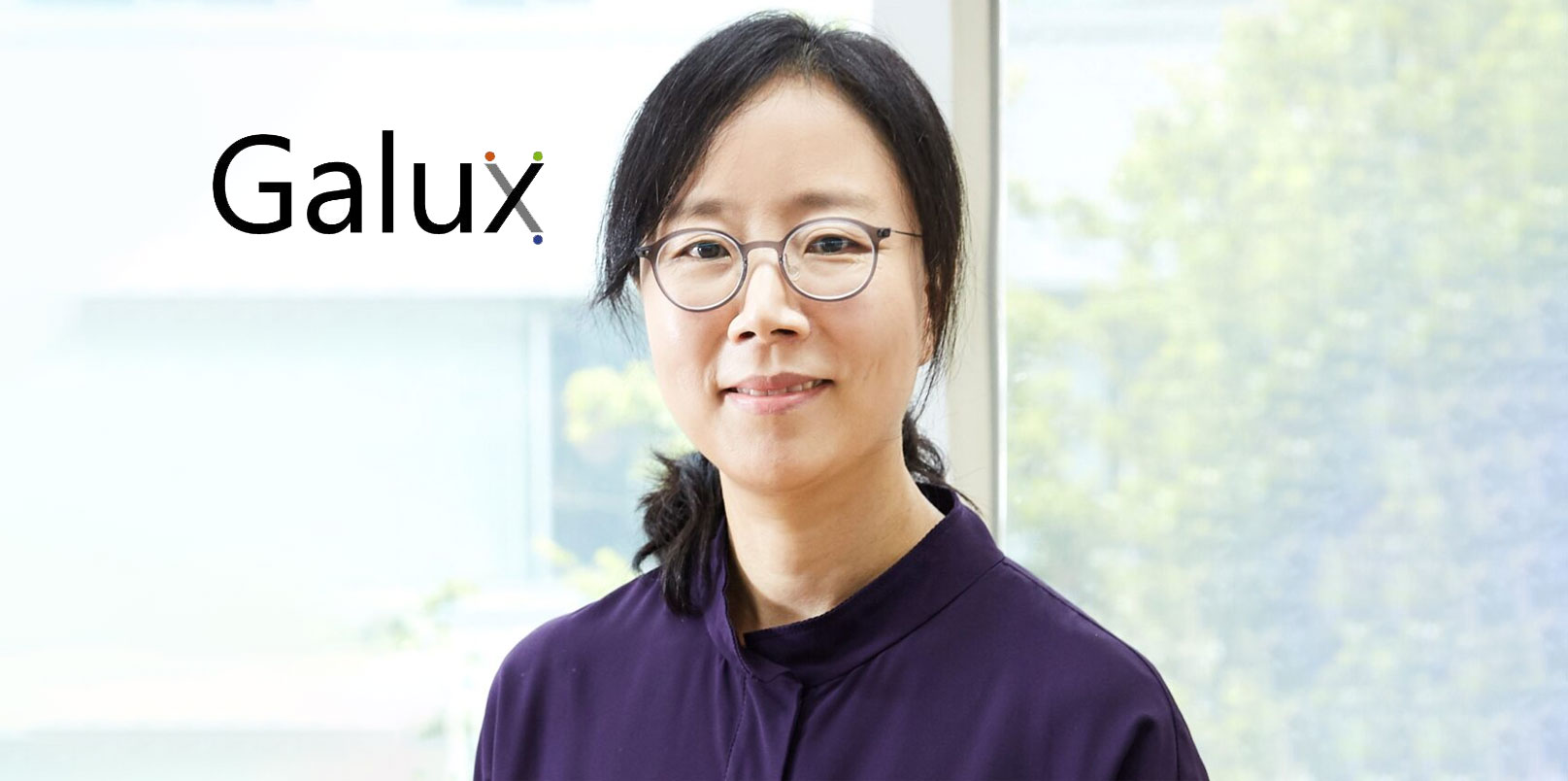Kristi Choi is an investor at Plug and Play Ventures focusing on the Supply Chain and Logistics space. Prior to Plug and Play, Kristi was a Trade Commissioner in the Canadian Federal Government and worked with Canadian startups and SMBs on international market entry strategies by analyzing international market trends and forecasts for the ICT and defense industries.
She also supported the Canadian Trade Accelerator program – the Canadian Government’s tech accelerator program. She holds a BA in International Relations and Sociology from the University of British Columbia and a Master’s degree in Public Administration from Queen’s University.
Koreatechdesk.com talked with Kristi Choi regarding her investment philosophy and advice to startups, when he attended the TIPS X beSUCCESS KOREAN STARTUP SHOWCASE as one of the prominent judges in the US.
1. As an investor, what kind of startups have you invested in? and how did you find those startups to invest in?
Plug and Play Ventures is focused on early-stage investing with the majority of our investments ranging between the Seed to Series A stage. We actively invest in a handful of companies that join our 12-week vertical specific programs, but also make many investments outside of our vertical programs, either through referrals, inbounds, or by our own sourcing efforts. Our check sizes range between $50k-$500k and have been deployed in companies valued over $100M. Of course, we thoroughly discuss any investments with our Investment Accountant to make sure the investment is feasible and likely to prosper.
Some of Plug and Play’s successful exits include Dropbox, PayPal, Lending Club, and Rappi. While we have invested in over 550 startups since the 90s, more than half of the investments have been made in the past 3 years as Plug and Play has experienced significant growth more recently. We are often cited as one of the most active early-stage investors globally – in 2018, we did over 100 investments out of our Silicon Valley office alone.
At Plug and Play Ventures, I focus on the Supply Chain and Logistics space which covers a wide range of technology areas – everything from big data and predictive analytics, to robotics, autonomous fleets, and drones, the list goes on.
2. What would be the core factors that you decide to invest in those particular companies?
As an early stage investor, some of the core factors we evaluate prior to our investments include team (backgrounds, relations), traction, market opportunity and fit. Since we make bets on companies before they have a substantial amount of revenue, we consider customers in the company’s pipeline, number of prior paid pilots that will convert to contracts, and their sizeable market. The team is also an important factor for us – we value co-founders with a story that makes sense as to why they are embarking on this challenging journey together.
3. What’s your basic investment philosophy or formula when investing in startups?
Plug and Play’s investment terms vary on a case by case basis as we do not use a standard model. Investments that make sense for us given our smaller check size include at least a 1% stake in equity and around a 15M post-money valuation. This is obviously a benchmark and we have invested in companies outside of this scope but this is generally our sweet spot.
4. What are the main factors that startups fail as per your experience and how can they prevent mistakes in advance from your personal perspective?
- No market need/Outcompeted – Lack of research resulting in wasted time and resources resulting in the need to eventually pivot.
- Cash burn – Miscalculating burn rate can seriously hinder your ability to reach milestones before your money runs out.
- Team – Internal conflicts and conflict mismanagement as well as hiring and expanding too quickly. I’d argue that one of the greatest expenses of any company is its people.
- Business/Pricing model not fit for industry/users – Lack of stickiness for the targeted industry/consumer to find appealing.
5. What’s your advice to entrepreneurs who have a chance to meet investors like you?
Do your research. We meet with hundreds of startups a year, therefore, we probably have at least a general sense of who your competitors are and if not, we will do our own research afterwards. Emphasize what your differentiating factor is and show that you’ve done your market landscape research. Is it a winner take all market or is the market fragmented with multiple winners? The clearer you make your value proposition, the easier it is for us to understand why we should invest. These all seem like basic questions, but we still see many startups who have not thought through the basics.
6. What’s your general thought about the term “Global”?
Plug and Play has 27 global offices so the term “global” is a very natural aspect of Plug and Play’s activities as we work together with our colleagues around the world. We also source and invest in startups globally and provide our startups with global opportunities. Our goal is to invest in companies that can dominate the global market, as opposed to just one.
7. What are the important factors (criteria) for Korean startups to consider for a US expansion?
Expansion in any country requires a lot of research in terms of the market and understanding the working culture. It is also essential that good communication and English skills are not overlooked. If your English skills are not strong, it is important to hire a representative who can deliver the value proposition and technology coherently.
8. As you know, our company name is “beSUCCESS”, what’s your definition of the term “success” as an investor or as an individual human being?
I believe “success” is about being relentless and constantly finding opportunities to learn and grow despite your position or place in life. They say that you can’t become an expert until you practice and devote at least 10,000 hours to that particular endeavour. While early-stage investors like to see impressive traction and growth in a relatively short time, we ultimately invest in entrepreneurs who have spent relentless hours building their expertise in order to launch their company.
9. What are the one or two things that you would do differently if you could go back to 10 years ago?
While there would be plenty of things I would change if I could go back in time, I’d like to think that my unconventional past makes me a unique investor. I think it’s an exciting time right now when we are seeing people from various backgrounds entering the world of Venture Capital and even starting their own funds focused on different demographics and initiatives. I’m a big advocate of growing the VC diversity pool and hope to see not only an increase in women and minorities but more importantly, an increase in women and minorities in VC leadership positions.
10. When you come to Korea next time, what kind) of Korean entrepreneurs and startups you want to meet?
Given my focus on the supply chain and logistics space, I’d love to meet more entrepreneurs focused on disrupting this industry. It’s an exciting time as the supply chain sector is seeing a wave of innovation and I’m sure there are bright ideas brewing in South Korea.






